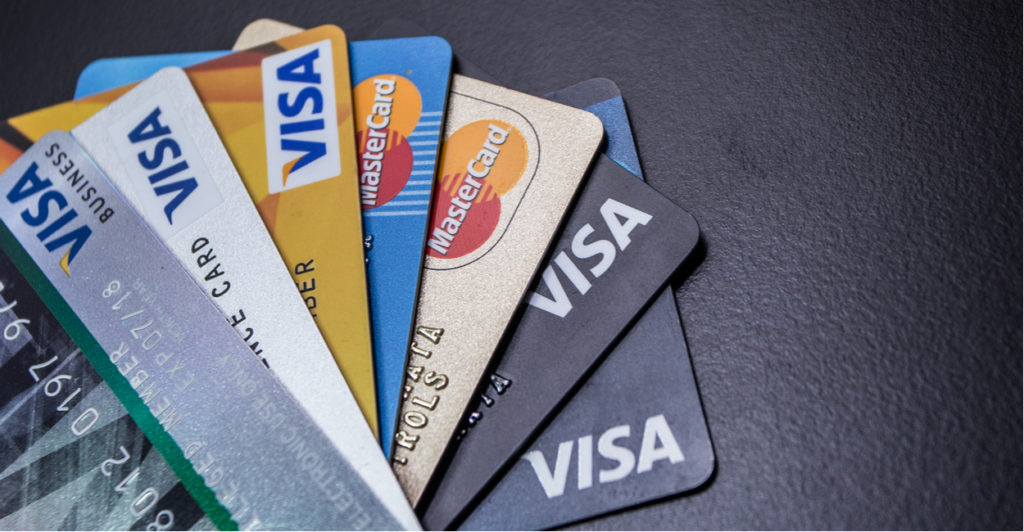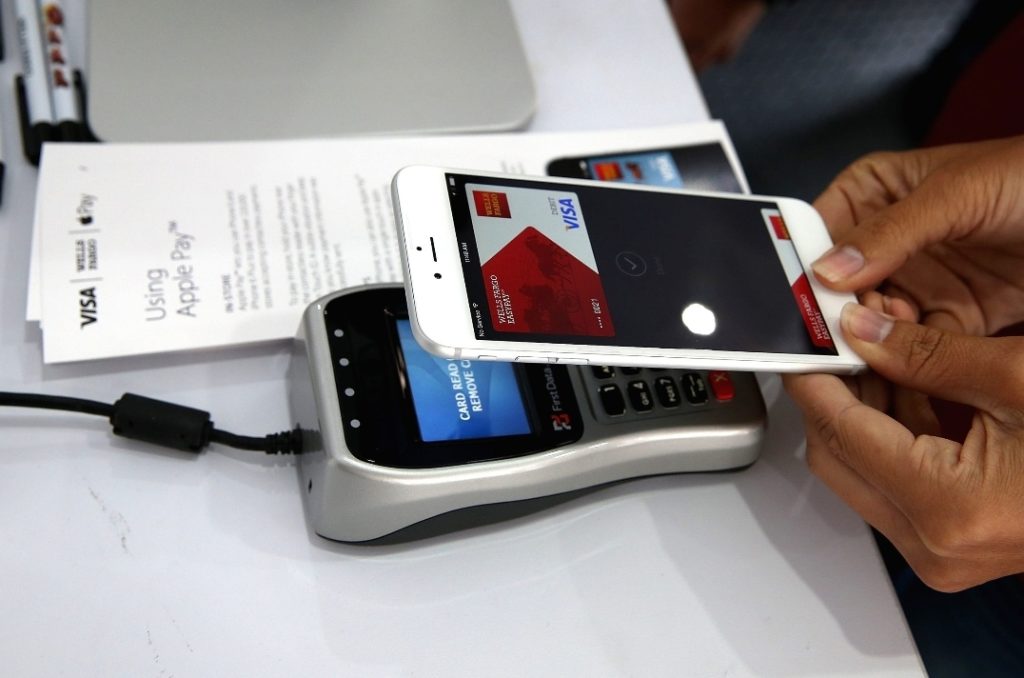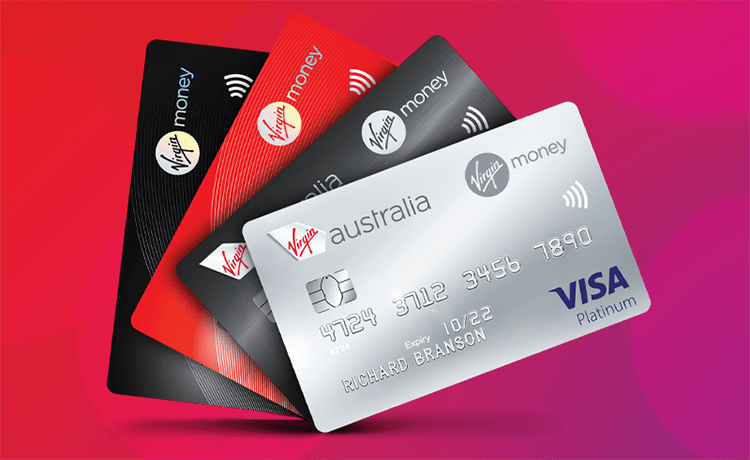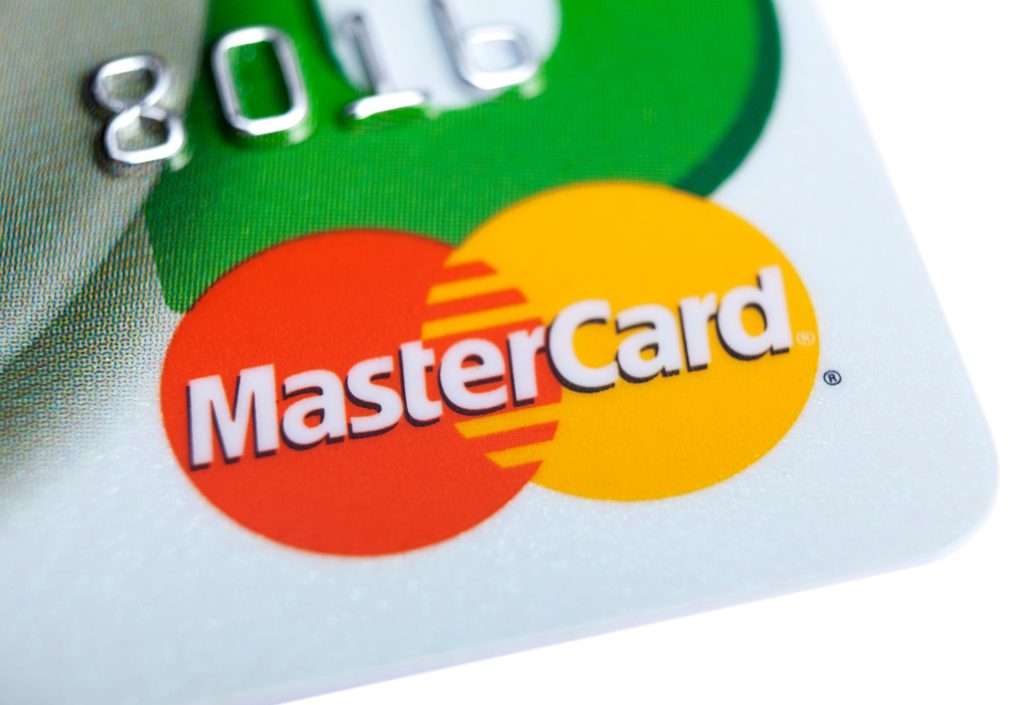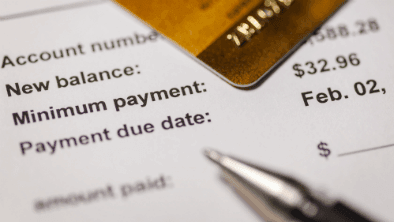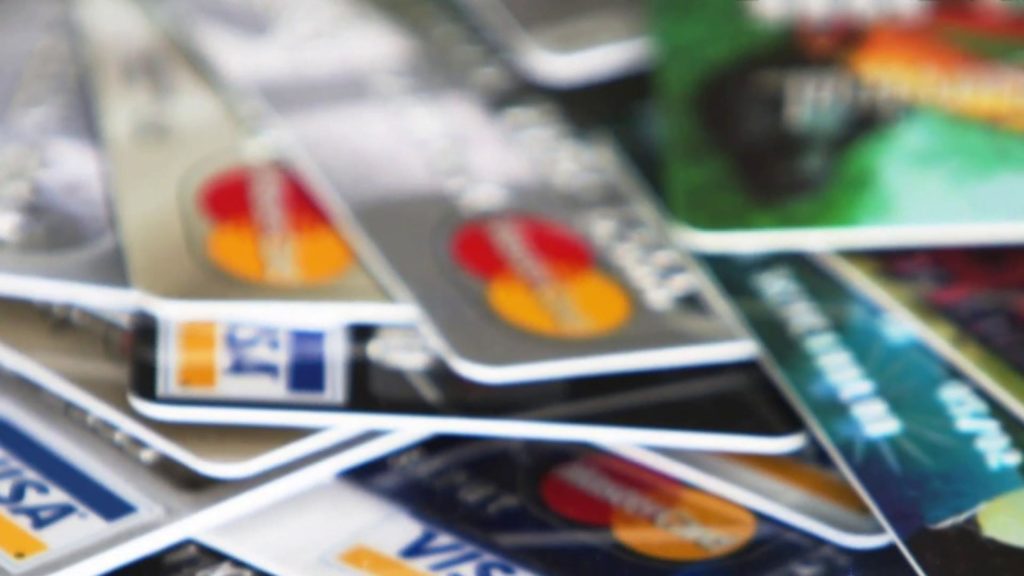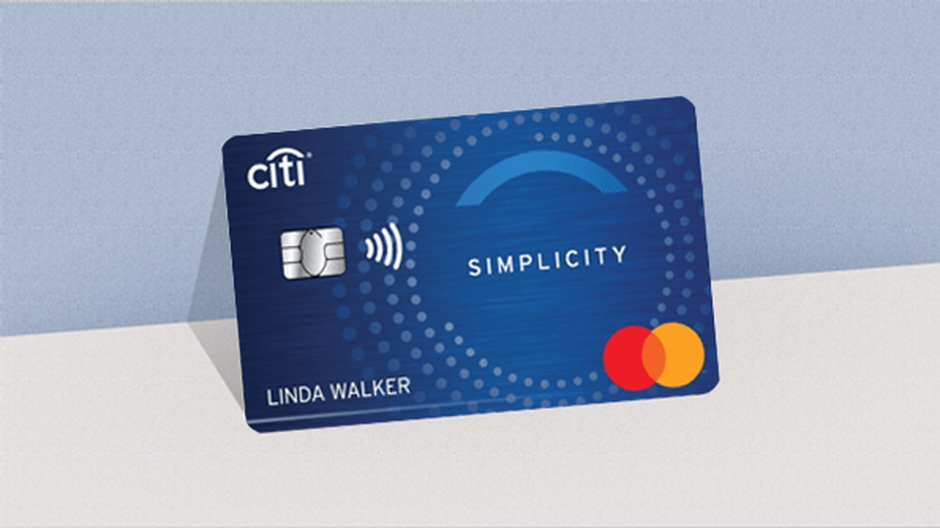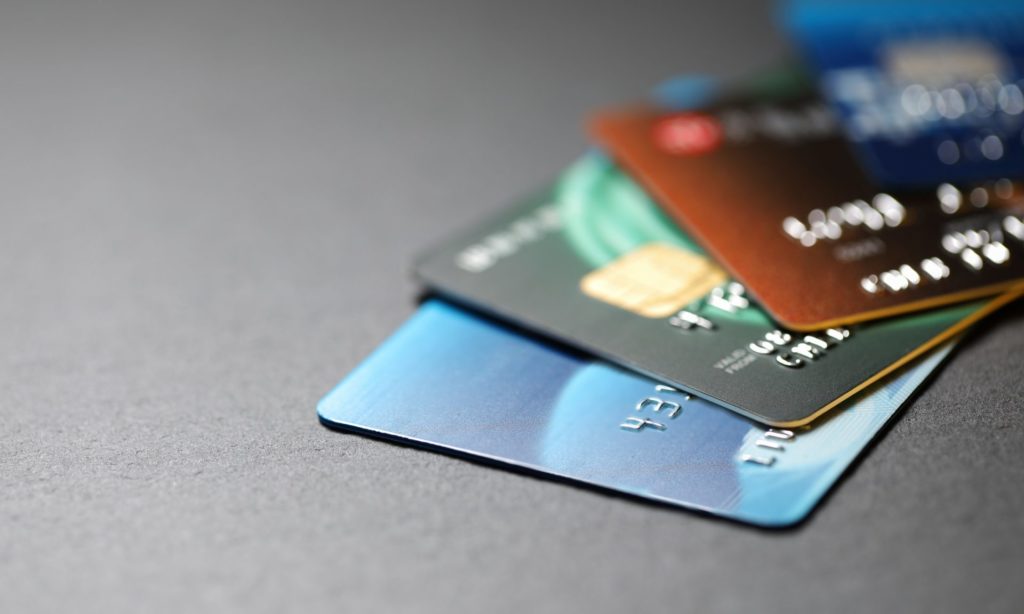All you need to know about unsecured credit cards including benefits and disadvantages.
Unsecured credit cards are the most popular among credit card holders and the reason is not far-fetched. You don’t need to make a deposit or collateral before one can be issued to you.
Also, most unsecured credit cards have fair interest rates, bonuses, cash backs, and other forms of rewards which is why they are the most conventional. So most times when you are people applying for a credit card, you can place a bet that they are most likely applying for an unsecured credit card.
The term “unsecured” doesn’t mean that your card will be prone to theft or any form of fraudulent practice. Rather it means that your debt is not secured by a deposit or collateral which the creditor can hold or seize if you don’t pay your debt.

When people take credit cards, they aren’t likely referring to an unsecured one because that is what most people use. Hypothetically, 7 out of every 10 holders of creditors carry one of the numerous unsecured credit cards.
Issuers of unsecured credit cards often take a risk in issuing out loans to people even though they have nothing to hold on to if the debtor fails to pay back his loan. Therefore, some tend to have high interests garnished with almost irresistible benefits that will compel people to take loans from them.
You might be wondering how issuers of unsecured credit cards get back their loans if a debtor refuses or fails to pay a debt. There are several options to explore;
- They can report to a credit bureau
- You might be sued to court
- You might be reported to a third-party debt collector
- Your wages can be garnished. Wage Garnishment happens when your employer takes part of your pay to service a loan you took. Your employer can only garnish your compensation through a court order.

If the latter happens to you, you can rest assured that you won’t lose your job. According to the US Federal Wage Garnishment Law, the Consumer Credit Protection Act protects employees from being sacked because their wages are being garnished by their employer to garnish one debt.
“The wage garnishment provisions of the Consumer Credit Protection Act (CCPA) protect employees from discharge by their employers because their wages have been garnished for any one debt, and it limits the number of an employee’s earnings that may be garnished in any one week. CCPA also applies to all employers and individuals who receive earnings for personal services (including wages, salaries, commissions, bonuses, and income from a pension or retirement program, but ordinarily not including tips).”
How Unsecured Credit Cards Work
Most often than not, issuers of unsecured credit cards ask for some information and carry out some evaluation in which your credit score plays an important role before you can be considered for one. Although they are some issuers that issue out some that issue credit cards with a low credit score. (Read about them here).
A credit score of 670 and above gives you a good chance of getting an unsecured credit card which will come with a credit limit. This means that you can use the card for purchases up to a certain limit after which you will then have to pay back.
If you pay back your balance after each purchase you make or at the end of the billing cycle, you won’t have to pay any interest on the card. However, if you choose to revolve the balance that is if you transfer it to the next billing cycle, you will have to pay interest on the balance.
The balance is not what is left on the credit card, it is the amount you have spent in terms of purchases with the card.
Differences Between Secured and Unsecured Credit Cards
- You don’t need to pay a deposit or collateral to get an unsecured credit card whereas a secured credit card requires a deposit. People with low or bad credit usually apply for secured credit cards.
- The credit Limit for an unsecured credit card varies but for secured credit cards, it is based on your deposit
- Annual fees apply to secured credit cards while some unsecured credit cards waive annual fees,
- The average APR for unsecured credit cards is 16% but it can be the same in some secured credit cards or much higher.
Disadvantages of Unsecured Credit Cards
- High Interest Rate: Most Credit Cards come with high interest rates. The interest on your mortgage might not be as high as the one on your credit card. It is viable not to let your interest accrue before paying them off or better still get a credit card with a fixed interest rate.
- You can easily run into debt if you don’t mind your spending while using a credit card. Remember that the money on the credit card is only imaginary and not yours and spending on frivolities can actually land you in serious debt especially if you are unable to pay it back before the end of the month.
- Some unsecured credit cards come with a lot of fees which can be frustrating. When applying for a card, issues usually ask you to pay application, membership, and set-up fees. Other fees include late payment, foreign transaction, balance transfer, cash advance among others. It is advisable to evaluate all these fees before applying for a credit card from an issuer.
Benefits of Unsecured Credit Cards
Most people prefer them to secure credit cards because they don’t have to pay upfront or initiate a deposit to have one.
They also have a reward system that attracts customers to them. For instance cash backs, bonuses, points, or miles. You can get free travel, movie, concert, or dinner tickets from your issuer.
Instead of spending or using your rewards immediately, some issuers help you to invest those rewards into a mortgage or a special investment account.
Some of the best unsecured credit cards include,
- Capital One QuicksilverOne Cash Rewards Credit Card: Best feature: Flat-rate cashback rewards.
- Capital One Platinum Credit Card: Best feature: No annual fee.
- Discover it® Student chrome: Best feature: Rewards for students.
- Discover it® Student Cash Back: Best feature: Student rewards.
- Surge Mastercard
- Reflex Mastercard
- Credit One Bank® Visa® Credit Card with Cash Back Rewards

